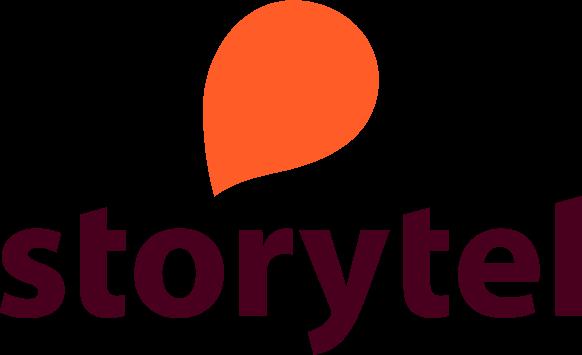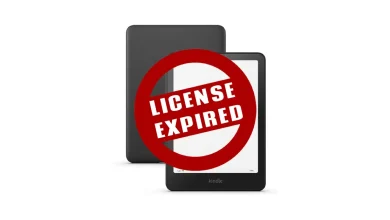
We independently review all recommendations. Purchases made through our links may earn us an affiliate commission. Here’s how it works.
Icelandic Authors Are Boycotting Storytel, and They Are Not Holding Back
Icelandic writers are raising their voices, and it’s for a good reason. A new movement is pushing authors to remove their work from Storytel. This is a large streaming service for audiobooks and e-books. They claim the payouts are very low and unfair. The Writer’s Union of Iceland has asked its members to act. They want writers to take their books off the platform. They believe the platform is not paying them what they deserve.
So, what is the deal? Well, according to a survey conducted by the union in the summer of 2024, the numbers are not looking great. A whopping 84 percent of Icelandic authors reported that Storytel accounts for just 0 to 5 percent of their total income. That is basically pocket change. On the flip side, only 3 percent said they make more than 20 percent of their income from the platform. Not exactly encouraging, right?
Meanwhile, while audiobooks are growing around the world, most Icelandic authors still like physical books. A survey showed that 96 percent of these authors choose regular print over digital options like audiobooks and e-books. This is different from global trends, where digital reading is rising. The gap between Icelandic authors and streaming services like Storytel is getting wider.
At its core, this action is about more than just Storytel. It is about fair pay in the digital publishing world. If authors cannot earn a good living from these platforms, what does that say about the future of storytelling? This movement is starting bigger talks beyond Iceland. Writers everywhere are questioning if digital publishing is truly as sustainable as it looks.
And here is the thing. If this move gains more attention, it may make companies like Storytel think about how they pay authors. Who knows? It could even lead to changes in the whole industry. The publishing world is changing quickly, but one thing is clear. Writers deserve to get paid fairly for their work.
As the discussion goes on, it is important to watch new technologies like E Ink displays. These could change both digital and physical publishing in ways we have not thought of yet. Change is on the way. The question is, will platforms like Storytel be able to keep up?




